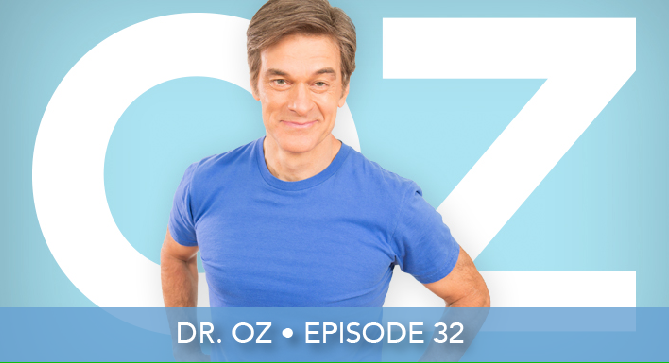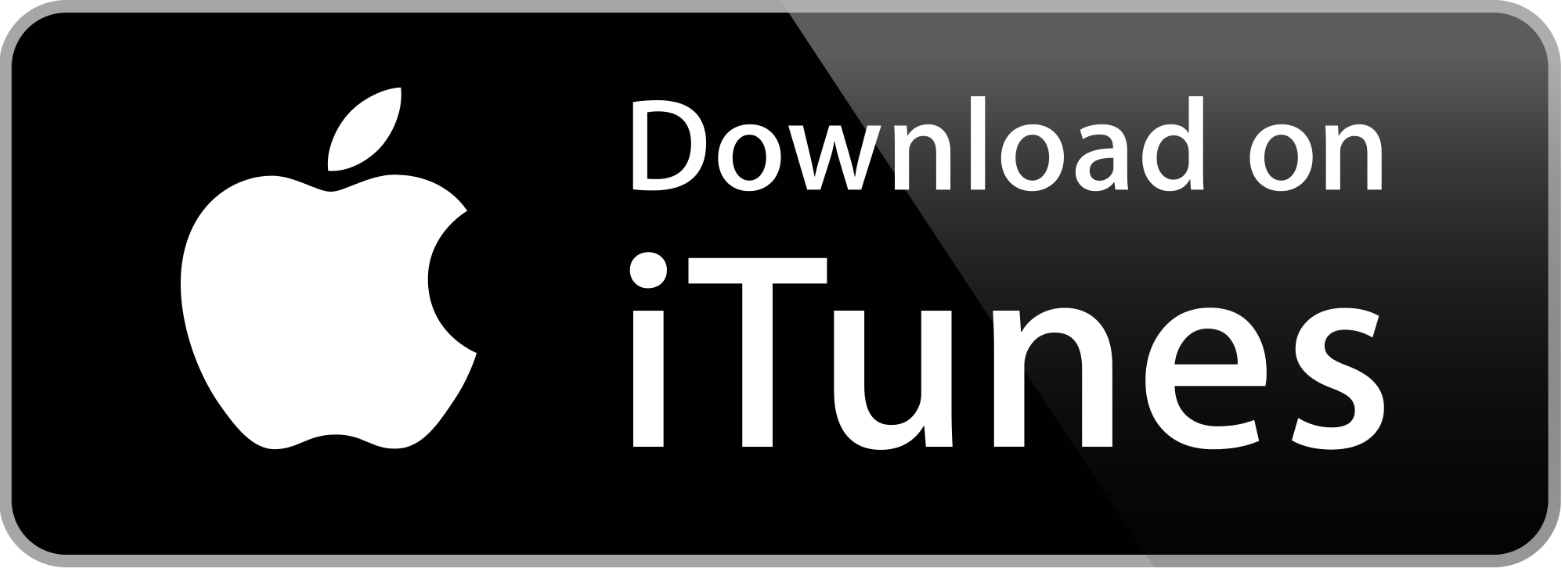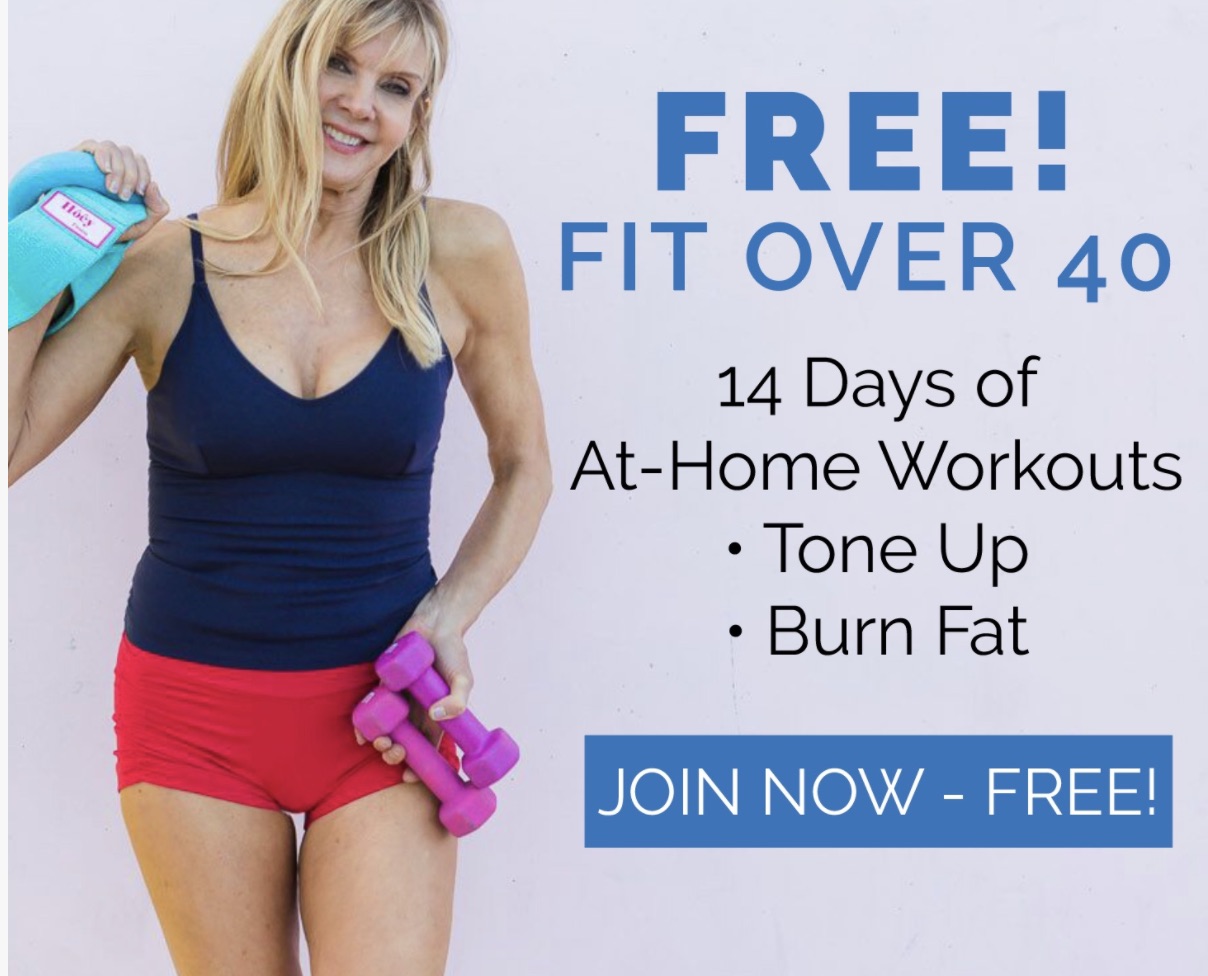Episode 32 | Dr. Oz | The Single Most Under-Appreciated Problem in America

CLICK PLAY!
FAMILIAR WITH PODCASTS? LISTEN ON iTUNES!
Follow Along With The Transcript!
Kathy Smith: Dr. Oz, I’m so excited. First of all, I’m so excited to have you here in Park City. I’m so excited to have you at the LiVe Well Center. I heard you are skiing today. How were the slopes? How were the ski conditions?
Dr. Oz: The slopes were absolutely fabulous. Coming to Park City, it’s one thing you owe yourself is to take advantage of what I think may be the world’s best ski slopes. It’s been a blast. I have good guides. My friends, the Bakers, who are very–Bob has been in the hospital–it’s good to have connection on the slopes.
Kathy Smith: Ok, so, listen. When you created the RealAge Quiz, which was this test that drove people to a test where they answered questions. It really drove home that point that what you do on a daily basis can extend your healthspan, which as we know is that period of life when you’re free from disease and you’re thriving.
You were responsible for launching this revolution and got people thinking about lifestyle. Did you ever realize at the time that it would become such a phenomenon?
Dr. Oz: Well, the epiphany was my best friend, Michael Roizen, who’s the chief wellness officer at the Cleveland Clinic. Mike had this vision after speaking to a patient who very wisely, after Mike gave this advice, said, “What does that really mean? What does that translate to in terms of extra days of life?” It’s not an abstract question. It’s something that I think a lot of patients ask. They don’t use that phraseology, but it gets asked a lot.
So, we began to think about how you actually do that. It’s not as straight forward as you think. You have to actually collect a lot of data and try to figure out which ones affect each other so they sort of cancel out. The people who drink also smoke, so maybe you’re over estimating how important they are. It turns out, by the way, that’s not true. They’re both important respecters. There are lots of other examples where you have to be thoughtful about exactly how important something is, but you end up with really provocative insights.
As an example, high blood pressure is the single biggest cause of aging, and it’s something that most people aren’t aware of. It’s silent. Because you don’t feel that it’s a problem when it’s happening, but when it does happen, it’s so catastrophic that you have a heart attack or a stroke or some related problem like kidney disease that you actually wipe yourself out.
Other problems, eating meat, which I think we could eat less meat in America for lots of reasons, but it turns out that you’re only paying a few months of life as a penalty for eating meat quite a bit versus moderation or not at all. So, you begin to advise people.
Kathy Smith: Don’t say that to the poor cows though.
Dr. Oz:I know. As I said, there are other reasons not to eat the meat – the environment – and you do pay a price. If you add risk factors, it’s a significant price. I’m just, again, highlighting the reality that if you treat it like adults and you say, “For you, here’s the real issue,” they focus on that. Otherwise, people begin to think everything in their refrigerator can both cause cancer and cure it, and they get confused. And they don’t know how to react that it’s really justifiable to get frustrated. So, RealAge allowed us to predict how long you would live more accurately than your birth date. I’ll say it again for all listeners. RealAge is how old your body thinks you are versus how you might think you are or your birth certificate claims.
We actually proved this, looking at actuarial tables in Southern California and showed that we could more accurately predict how long you’d live based on your real age, which is a great parallel to how old your friends look at your reunions. Especially by the 25th reunion, people start to look different than they looked in high school. Some look good and some not so good.
So, the RealAge Test is a very specific, quantitative way of assessing something that we all sort of judge in our eyes anyway. That’s, I think, what made it so valuable. We’ve, now, been able to expand it to allow folks to demand that they get better insurance rates or insist that they’re employers reward them differently, or if they’re not doing well at they’re real age, give them clues of how to change that number to move it in the right direction. Those are some of the tools that are coming down the pike at all Americans.
Kathy Smith: Ok, so, lifestyle and lifestyle medicine is kind of the newest thing in medicine, and perhaps it’s also the oldest when you think that Hippocrates said, “Let thy food be thy medicine and thy medicine, thy food.” We know that we need all type of medicine. Lifestyle, though, is one of the most important tools we have to adding years to our life, as you mentioned. The challenge that I’ve had through the years – and I’m sure you’ve seen this – is how do you get people to take their medicine, which means, ok great. Eat more vegetables, sleep more, exercise more. Then it’s like, ok, how do you get them to do it? Any thoughts?
Dr. Oz: I have lots of thoughts. I think the wellness center that I’m sitting in right now as speak is a good example of how we change the mindset of so many Americans. People think of health as a penalty. I’ll tell you a story. It’s going to shock you, but it’s a true story.
I was on a plane with a gentleman who had the misfortune of admitting to me that he worked with a company that made a product that children would eat that had a lot of salt in it. I’m not going to mention the company’s name, just to protect them, but the story got interesting when he began to sort of mumble stuff as I was assaulting him about the fact that he had an obligation to these kids to take the salt out of the food. Finally, he looked at me and in a very clear way said, “Ok, I’ve tried to get around this, but I’m just going to tell you the truth. We took the salt out.” I was shocked. I said, “Well, how could that be if I never heard about it?”
He goes, “You never heard about it, because we never told anybody.”
I said, “Well, why wouldn’t you tell people? If you spent all this money taking the salt out of your product, why wouldn’t you brag about it?”
He said, “Because we did surveys of Americans, and people think that if we make it healthier, it won’t taste good. So, they wouldn’t buy it.”
Now, this is a very good guy, trying to do the right thing. The company invested a lot of money to help America, had to keep it a secret they were making us better, because we equate health to cardboard. Right? The taste will be similar. So, we have to rethink this as well.
I think that the solution is to make health a celebration, not to promise you you’ll live 10 years longer in the future. That’s just a side benefit. You’ll feel better today because of what you’re doing – today. Those happen to be the topics that people resonate to.
You mentioned sleep, the single most underappreciated problem in America. People don’t know how good it is to sleep well anymore. There’s a great series of papers you can look at that claim that about a third of Americans sleep so poorly, they’re dangerous to have on the roads. So, you begin to look at how much we hurt ourselves with something as simple as sleep. There are solutions that probably for half of the people can’t sleep that are easy. For the other half, there are lots of other solutions that centers like the one I’m sitting in can help them with. Sleeping pills, on the other hand, which do help a small number of people are over estimated in the average American’s eyes as being helpful. It doesn’t help more than 10 minutes more sleep on average.
So, we’re dealing with perception differences that are now beginning to shift. That gentleman that I mentioned earlier who had a company making a child’s product, that conversation I had with him was almost 10 years ago. Today, he’d be able to brag about it. In fact, I know that because a bunch of companies began cutting down the ingredients in their ingredient list. They started taking out stuff they don’t have to put in their foods.
Fast food joints – Subway, Chipotle, others – are getting out ahead of this and they’re starting to be public about the fact that they’re trying to make their foods healthier for everybody. I actually did a show recently commending these guys, as a group, for beginning to invest big time resources. When you make major brands move the needle by making a better margarine or a better oil or a better bread, all Americans benefit. It costs money, it takes time, and companies are trepidatious that do it. The needle has moved and it’s going to continue.
Kathy Smith: Last question. There’s this thought about pay now or pay later. It gets down to your pocketbook. So many people feel like it’s so much more expensive to buy either that organic or that vegetable or to put some money into prevention right now. Any thoughts on how do you convince somebody it’s worth it to get out there and put a little extra now so you don’t have to do it later?
Dr. Oz: It’s a push and a pull. I think at the individual level, the amount of money we’re talking about is pennies – literally pennies. I talk frequently on the show about the fact that the organic beef might be a dollar more a pound. Well, you split it up among the family making soup or something, it’s trivial. Most of the healthy foods that we desire don’t cost that much extra.
I’ll give you an example. Frozen vegetables – now admittedly, I’d rather have fresh vegetables if I can. But for many Americans, it’s a bit more expensive but more importantly, on average in American, we waste at least a third of the vegetables that we buy, because we don’t prepare them in time. So, you have wastage there, you have federal price differences, people worked up about whether to eat organic or not. If you have the money, buy organic. There’s no question. It’s an obligation I think we all have to society and the environment.
But if you’re a mom who’s unable to manage her finances and in desperation is trying to feed her kids and love them the best she can, buy them frozen vegetables. They’re harvested when they’re ripe. You preserve about 85% of the nutrient value. They’re inexpensive. You preserve them well. There’s no wastage. It’s ok. You’re not going to win or lose the battle of health because you bought frozen vegetables versus this beautiful, fresh locally grown ones. I’d rather eat the latter, but we don’t have to do that all the time.
There are still other places where we do waste money. I think fast food is often an expensive solution to a problem we should be able to manage more effectively. We teach often on the show inexpensive ways of making breakfast with the whole family. You get out of bed in less time, you don’t stop anywhere to pick anything up, you save money. Those dollars add up quickly. Now, that’s the first part.
The second part is we have an obligation as a society. We make it expensive to buy high quality foods and inexpensive to buy processed foods.
I’ll give you one very classic example. We have a foundation called HealthCore, which is supported, by the way, by some great people in the Salt Lake area to a large extent. They’re very desirous of making sure this message is heard widely in schools in America. If a kid goes to get milk, they’re served skim milk or chocolate skim milk. If they want to get whole fat milk, which I actually think is healthier than skim chocolate milk, that’s actually not easy to get.
Now, good people trying to do the right thing decided that it was better off to put the chocolate in the skim milk because you want to get the fat out of the milk and the chocolate gets the kid to drink it. I get all that stuff. But it turns out they’re better with the whole fat stuff for a lot of reasons I think. Certainly, they’re not worse off with whole fat milk than skim chocolate milk.
These are the kinds of decisions that have been made historically. We need to have the course corrected. We also subsidized a lot of foods in our food chain that probably don’t deserve to be subsidized. If you’re going to subsidize them, subsidize the healthy fruits and vegetables as well or remove all the subsidies. You pick. The system right now is imbalanced, not what we want.
Kathy Smith: Thanks so much. You packed a lot into a very short period of time. Thank you for everything you do for the world, Dr. Oz, everything you do for supporting the LiVe Well Center. As your parting comment, because we want a little secret here, tell us what your most decadent dessert that you love and can’t live without.
Dr. Oz: Probably creme de leite. Don’t tell anybody though.
Kathy Smith:We won’t. It’s our secret.
Dr. Oz: Take care.
Kathy Smith: Ok, bye.
Dr. Oz: Bye-bye.



